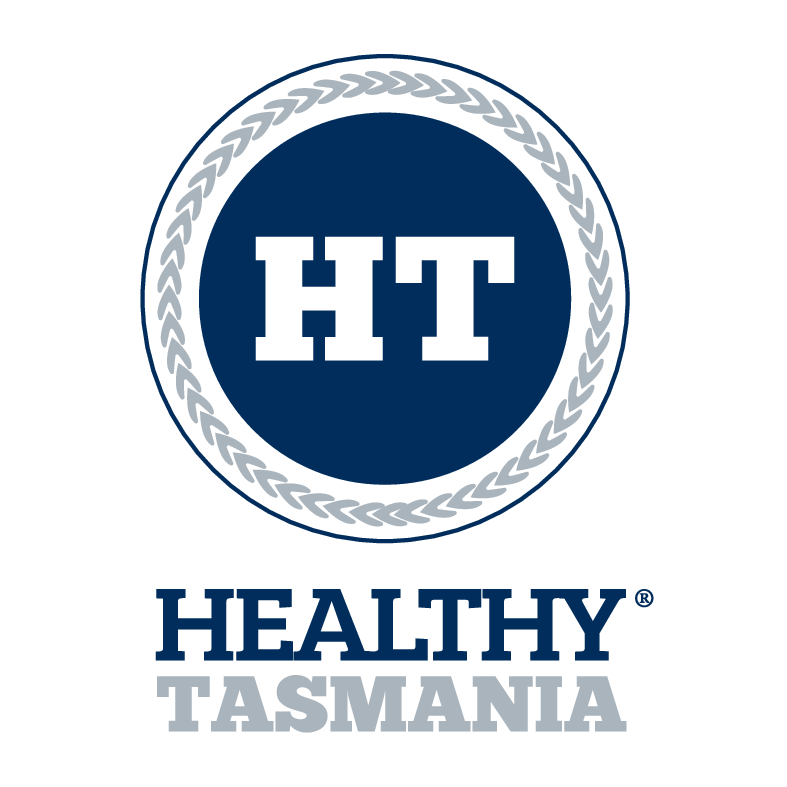Healthy Tasmania calls for greater investment in preventative health: The Examiner
Preventative needs to be taken out of health budget: Healthy Tasmania
6 Aug 2017
CAMPAIGNERS: Healthy Tasmania founders and sisters, Penny Terry and Lucy Byrne, are challenging politicians to pledge more money to preventative health in the lead-up to the state election.
Everyday in Tasmania, preventable hospitalisations clog up the health system.
More than half the state’s population is overweight or obese, and nearly one-in-two Tasmanians have three or more chronic health conditions.
“Our state is the oldest, fattest, sickest, poorest, most disabled, least active, least literate, poorest eaters in the country with the lowest life expectancy,” Healthy Tasmania creative director Penny Terry said.
The state government and opposition do have preventative health strategies.
Health Minister Michael Ferguson last year announced a $6.4 million investment over a four-year period to encourage better nutrition and physical health in Tasmanian communities.
The Healthy Tasmania Five Year Strategic Plan consisted of 24 actions aimed at illness prevention, education and intervention, which have been rolling out ever since.
“This is the next step forward in our work to overhaul our health system from end-to-end,” Mr Ferguson said.
But Ms Terry and her sister Lucy Byrne said far more money was needed to tackle the issue successfully, and for the long-term.
Their challenge to all political parties in the lead up to the state election is to pledge “adequate funds” into preventative health, as well as removing it from the health budget.
‘Budget revamp needed’
According to Ms Byrne, preventative health needs 5 per cent of the state budget, instead of the current 0.05 per cent it gets. That would mean $275 million of the $5.5 billion budget, instead of $28 million.
“And it needs to be taken out of the health budget because it can’t compete with acute,” she said.
This would take a bold, bipartisan approach by parties and politicians, but Ms Byrne said it would pay off in the long run.
“The government and taxpayers need to understand that preventative health is evidence-based. We need to accept that and get on with the job.
“It’s about governments accepting there needs to be an acceptable, adequate dose of funds put into preventative health – similar to acute, but not as much.
“It will save lives, and will also make the health ministers’ jobs easier. It’s much cheaper to help them at that early stage than in hospital. But it’s going to take a really strong leader. No-one’s made it work yet.”
The Launceston siblings founded Healthy Tasmania when they saw the need to address the growing “crisis” in acute health. They focus on the individual, social and economic health of Tasmanian communities.
“It makes us excited that together we can reduce the burden of the health budget, but the only way to do that is to adequately invest in keeping people well and out of our hospitals,” Ms Terry said.
“We know we are a great state – the best, but to reach our full potential, every government portfolio needs to be doing its bit to make sure people are well enough to contribute to our economy and our communities.”
Our state is the oldest, fattest, sickest, poorest, most disabled, least active, least literate, poorest eaters in the country with the lowest life expectancy.- Healthy Tasmania creative director Penny Terry
Evidence-based approach
Ms Terry said proper investment in preventative health was proven to keep people out of hospitals and healthy for longer.
“We can’t shy away from committing the right dose of public funds into preventative healthcare for the long haul. Just like the acute system, there needs to be a balance of public and private investment and the balance isn’t right yet.”
She said local initiatives needed to be invested in, and designed to suit local needs.
“We need evidence-based projects and ongoing funding. Stop-start funding doesn’t work.
“Historically, preventative health has been substantially underfunded, so it will take a strong leader to properly communicate to Tasmanians that significant long-term investment in preventative health is needed to decrease the health burden we’re dealing with now. But it can be done. It must be done. We’re optimistic that the community is ready for this now.”
‘Three key areas’
Ms Terry and Ms Byrne said there were three key areas that needed investment to achieve healthy communities.
They included the right environment, meaning trails, parks and other facilities, education, through media, advertising and other promotional avenues, and community programs that are free to access.
They see the Launceston City Deal as the ideal opportunity to address inter-generational health problems.
“This is a once-in-a-generation opportunity to make a real change to inter-generational health issues, and it’s exciting to be part of that,” Ms Byrne said. “It’s hard to make that generational change, and it takes money.
“I sit on the board of Northern Tasmania Development Corporation as a director, focusing on health and looking at the synergies across the other sectors which include education, competitive manufacturing, tourism, food and agribusiness, entrepreneurship, startup and innovation.
“It is really important for me as a director that NTDC has recognised health as a key pillar to economic development from the start.”
This is the first article in a Sunday Examiner series that will look at current preventative health initiatives, policies, case studies, and ideas from experts, in the lead up to the state election.
Original article printed in The Examiner and found at http://www.examiner.com.au/story/4830797/the-real-health-battle/


